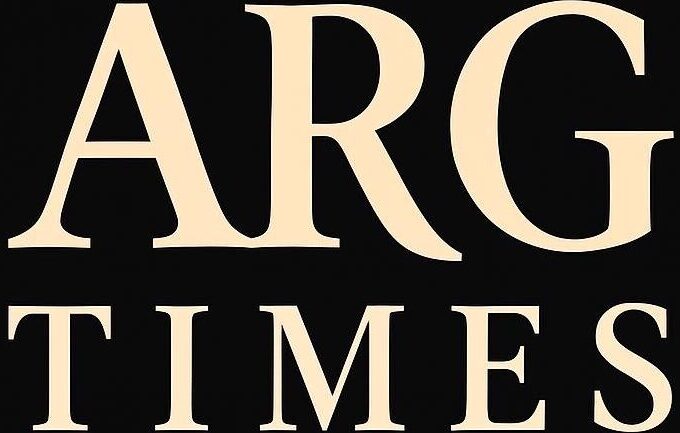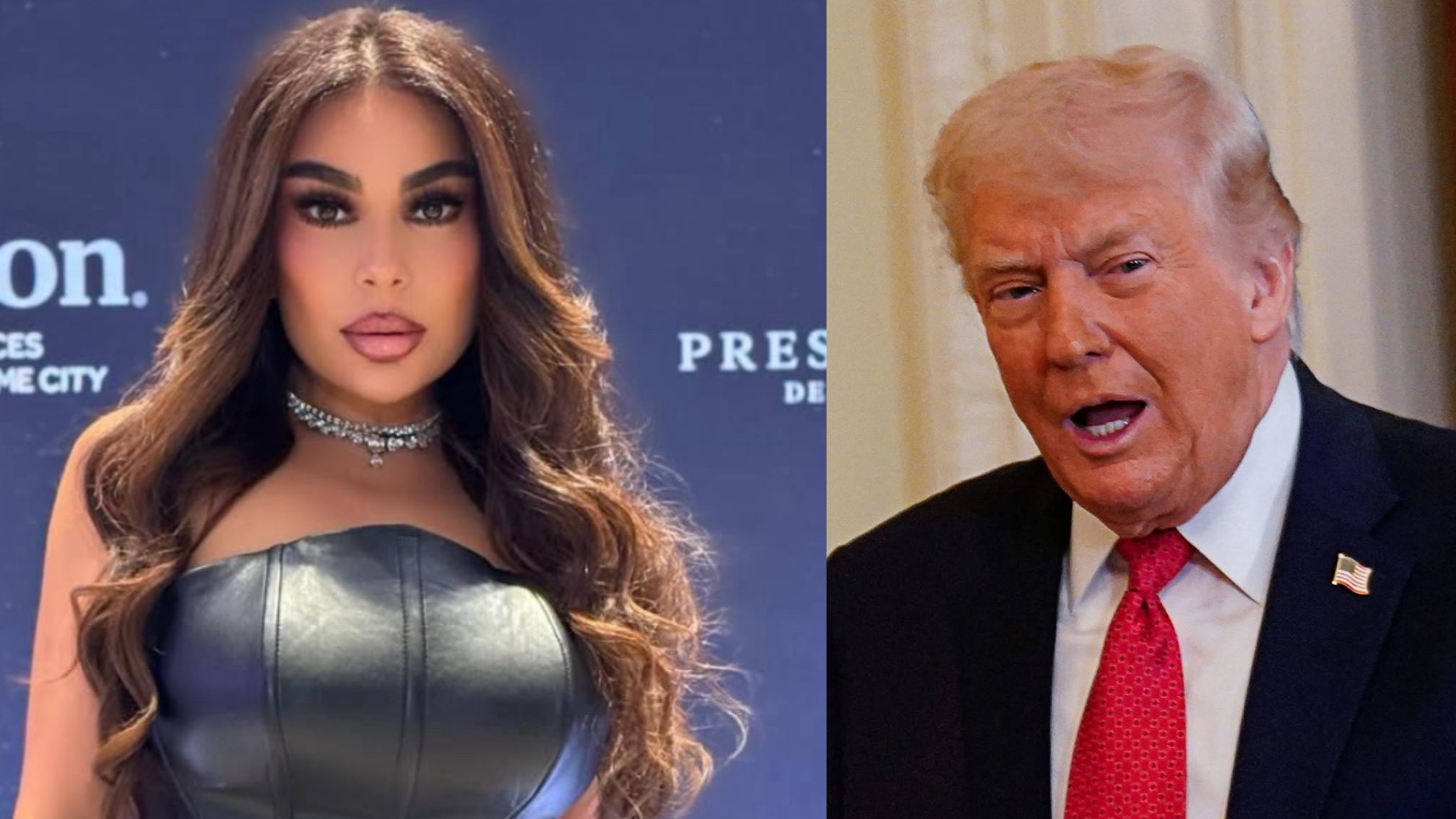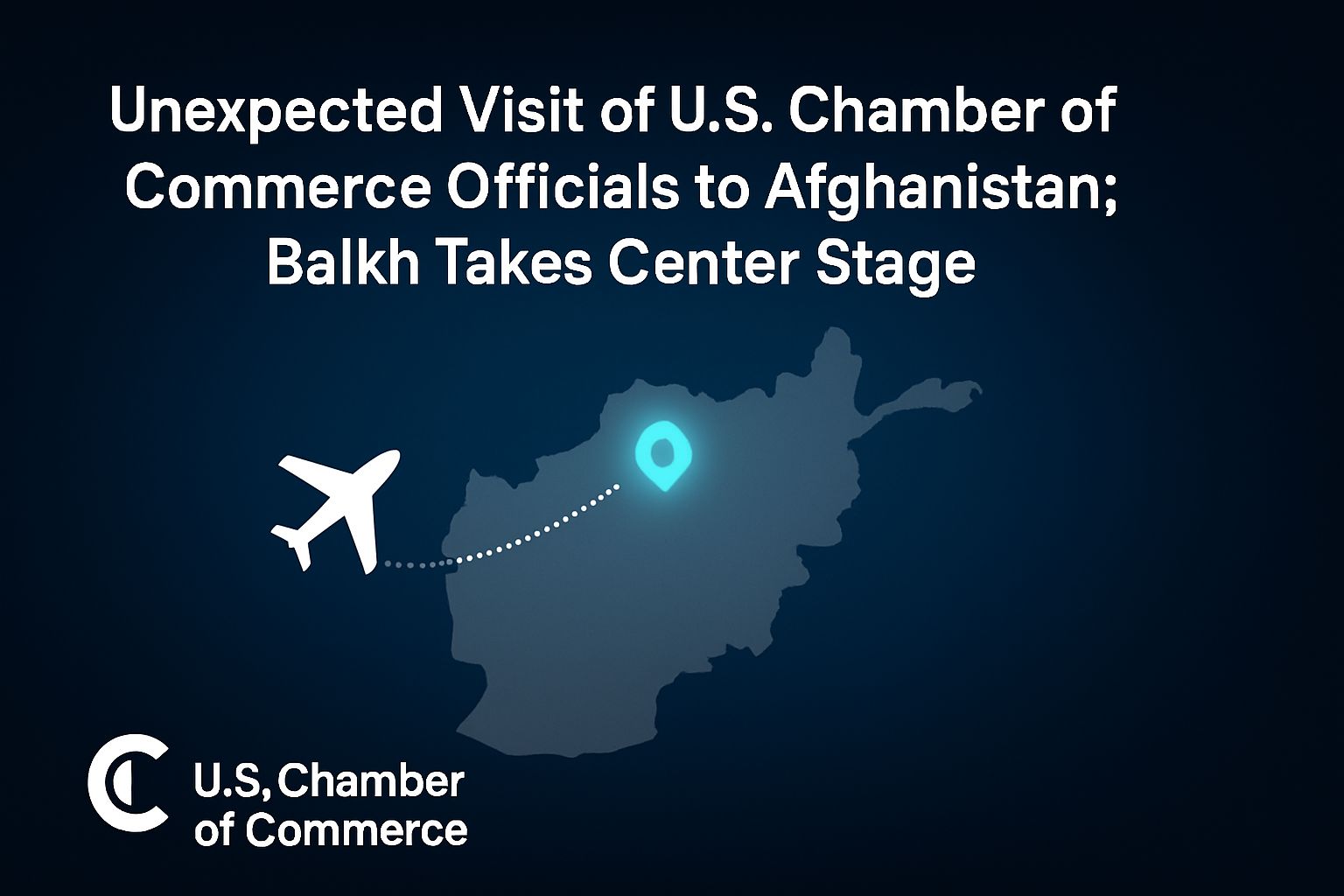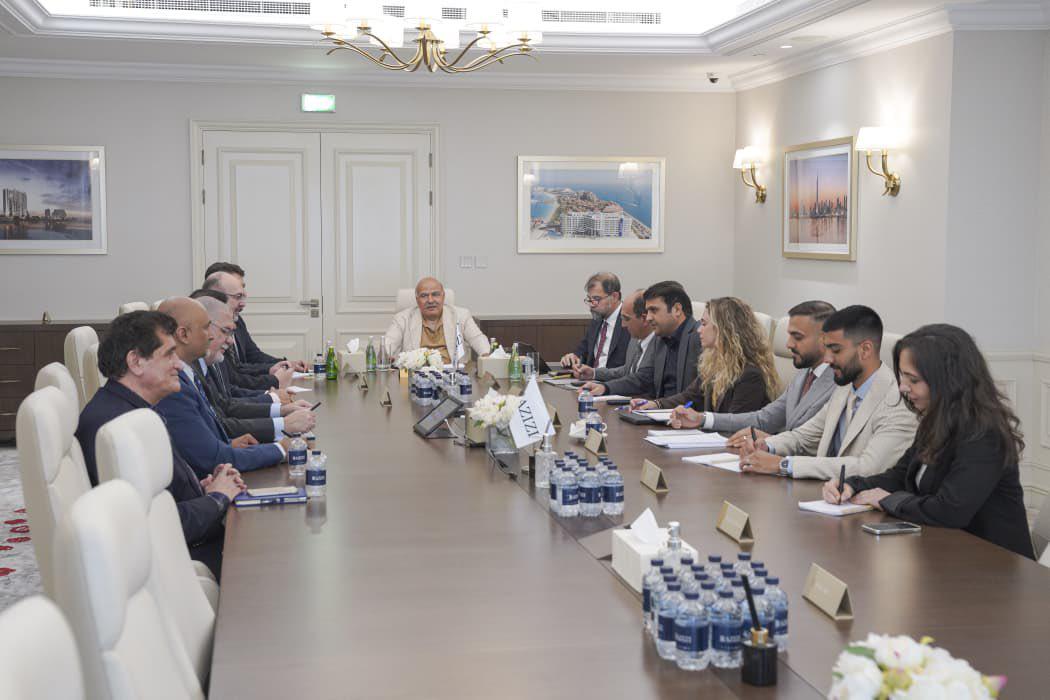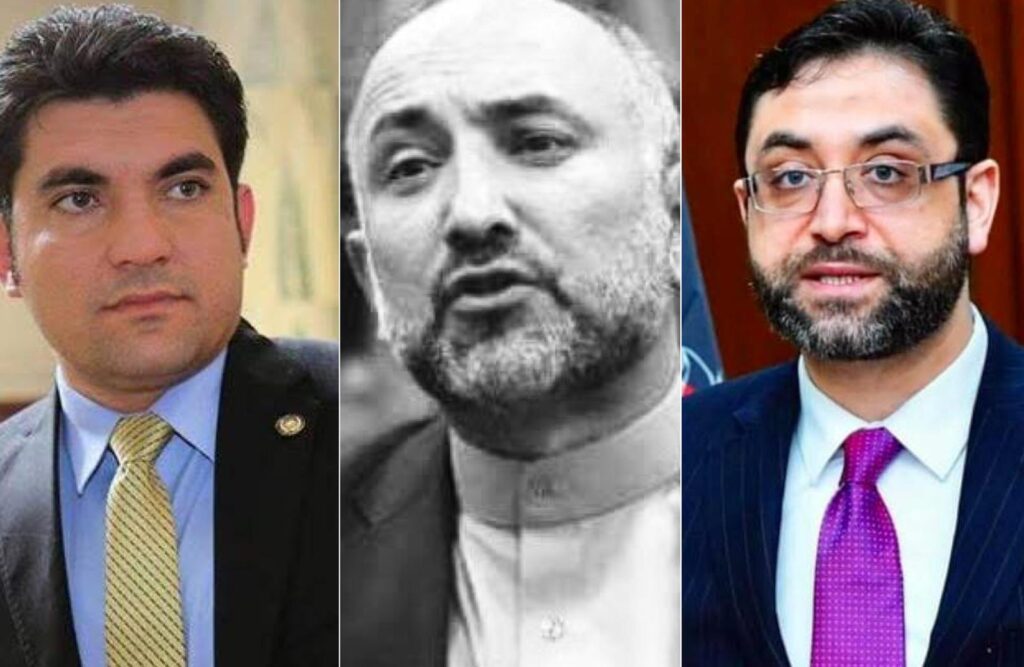
Next week, a meeting is scheduled to take place in Pakistan, usually attended by political opponents of the Taliban. Among nearly forty Afghan figures expected to participate, the political movement Peace and Justice, led by Hanif Atmar, the former foreign minister and the last senior official of the Republic regime, is also listed. It is possible that Atmar himself or his representative will attend this meeting.
But the key question remains: Is Atmar truly an opponent of the Taliban, or not?
Since the collapse of the Republic and the fall of Kabul to the Taliban on August 15, 2021, several of Atmar’s political and business associates have taken different roles in Afghanistan’s embassies and foreign relations. The most important case was the Afghan Embassy in India.
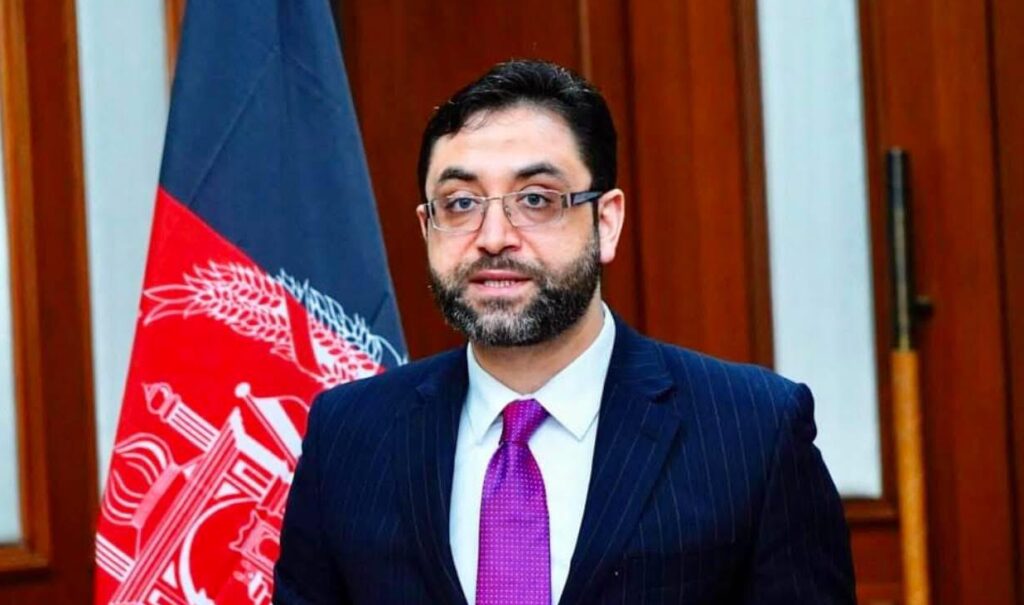
Farid Mamondzai, a close ally of Atmar and the Republic’s ambassador to India, recently returned to Kabul and pledged allegiance to the Taliban. The Taliban’s Ministry of Refugees announced that he expressed satisfaction with the Taliban’s “positive changes” and showed readiness to cooperate with them.
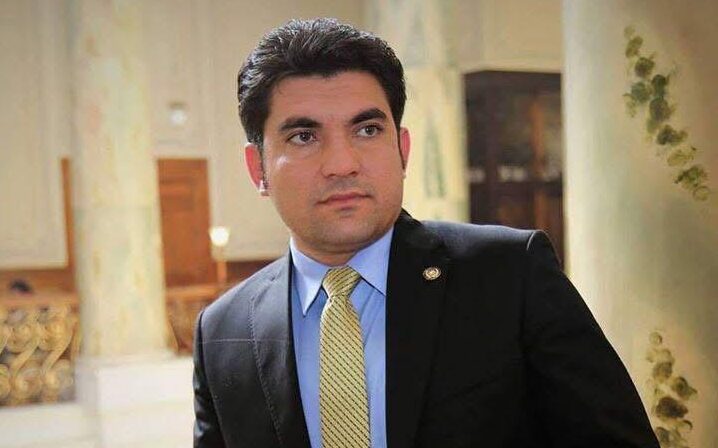
Qadir Shah, Atmar’s former spokesman at the National Security Council, is now the Taliban’s representative at the Afghan Embassy in India.
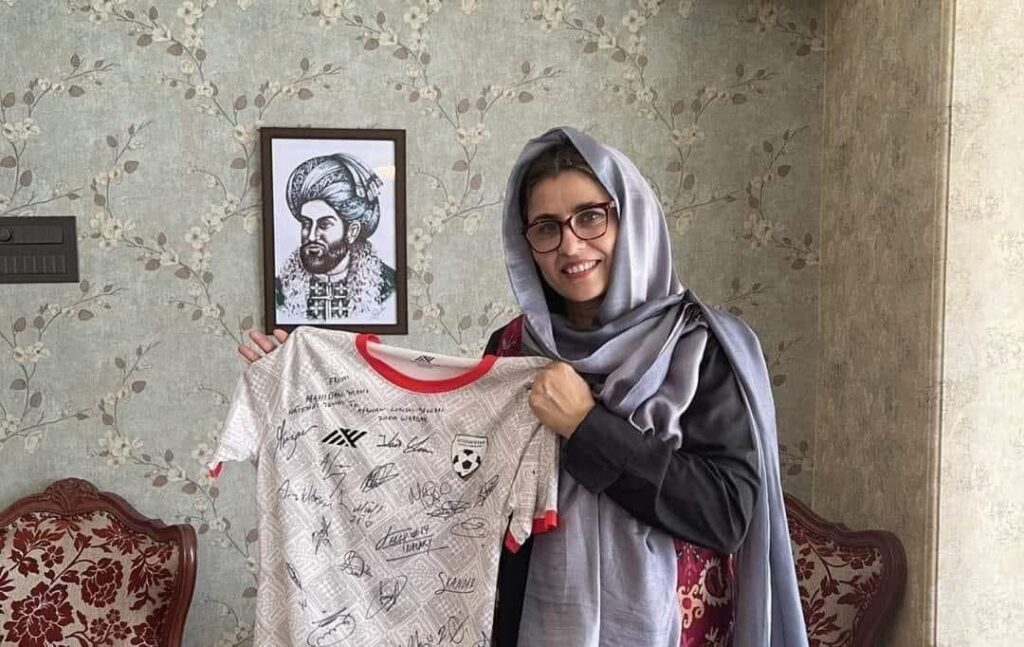
Zakia Wardak, Atmar’s political and business partner and one of the few female supporters of the Taliban, was also arrested in India some time ago on charges of gold smuggling.
This network is not limited to India. In the Netherlands, too, Afghanistan’s embassy is practically under the control of Atmar’s allies. Asif Rahimi, the former ambassador of the Republic and one of Atmar’s close associates, was the first to establish the practice of “handing over embassies and engaging with the Taliban” in the West.
Nevertheless, Atmar is now preparing to sit in the ranks of the Taliban’s opponents in Islamabad and speak of freedom and democracy. This contradiction raises serious questions: how is it possible that his friends and spokesmen today work under the Taliban’s flag, while he appears on the opposition front?
Alongside Atmar, other politicians, diplomats, civil society activists, and Taliban opponents expected to participate in the Pakistan meeting include Shinkai Karokhail, M. Mustafa Mastoor, Nasir Ahmad Andisha, Masooma Khawari, Aliye Yilmaz, Hussain Ali Yasa, Khan Agha Rezaee, Zahra Hussaini, the National Council for the Salvation of Afghanistan, Meerwais Nab, Saima Khogyani, Quhramaan Haqani Kakar, Sima Noori, Idrees Zaman, Noor Rahman Akhlaqi, Abdullah Qarluq, Habibur Rahman Hekmatyar, Ahmadullah Alizai, Nargis Nehan, Belquis Ahmadi, Ziauddin Aryanizhad, Mujib Rahman Rahimi, Asarulhaq Hakimi, Mohammad Karim Atal, Feridun Ilham, Fawzia Koofi, Shahrzad Koofi Ahmadi, Sajia Behgam Amin, Masuda Karukhi, Ahmad Sohail Behbood, Salma Naweed Yousufzai, Jawad Ahmadi, Bashir Ahmad Ansari, Patoni Teichmann, Zahra Joya and Nabila Musleh.
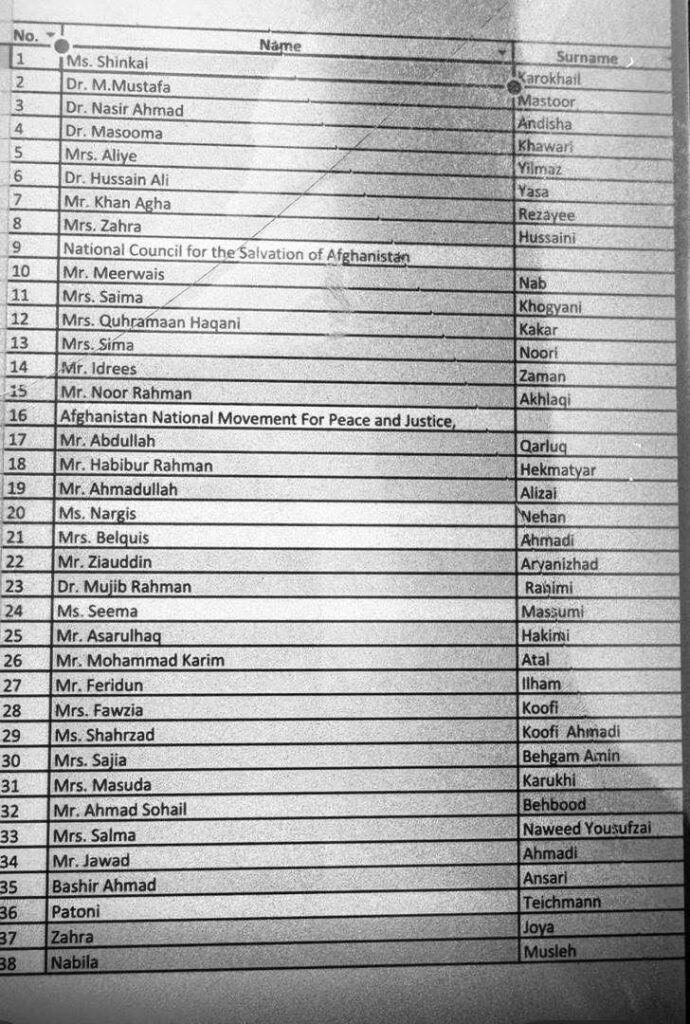
But among all these names, the presence of the Peace and Justice Movement led by Hanif Atmar remains the most controversial element of this meeting. The reality, however, is that some other participants also carry questionable pasts, hidden dealings, and ties that have not yet been seriously examined. Perhaps the time has come not only to question Atmar, but also to scrutinize several other figures—so that people may clearly understand who genuinely stands for freedom and democracy, and who merely seeks positions and political bargains.
